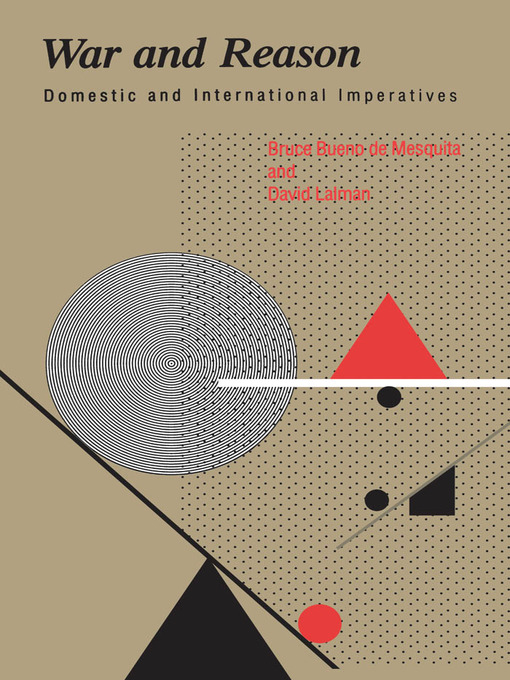In this landmark work, two leading theorists of international relations analyze the strategies designed to avoid international conflict. Using a combination of game theory, statistical analysis, and detailed case histories, Bruce Bueno de Mesquita and David Lalman evaluate the conditions that promote negotiation, the status quo, capitulation, acquiescence, and war.
The authors assess two competing theories on the role that domestic politics plays in foreign policy choices: one states that national decision makers are constrained only by the exigencies of the international system, and the other views leaders as additionally constrained by domestic political considerations. Finding the second theory to be more consistent with historical events, they use it to examine enduring puzzles such as why democracies do not appear to fight one another, whether balance of power or power preponderance promotes peaceful resolution of disputes, and what conditions are necessary and sufficient for nations to cooperate with one another. They conclude by speculating about the implications of their theory for foreign policy strategies in the post-Cold War world.

